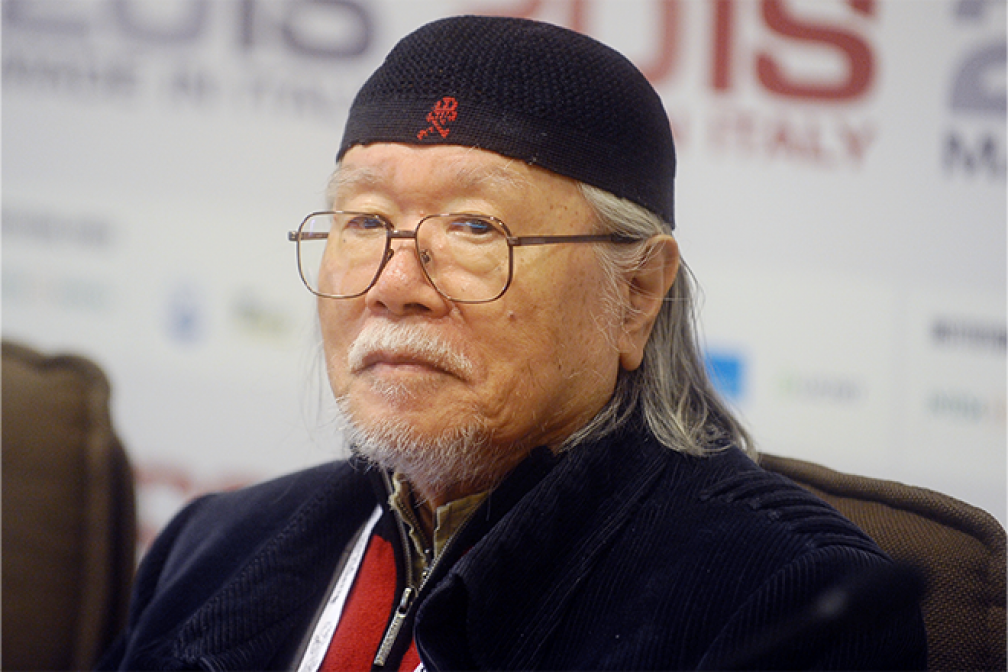Daft Punk music video creator Leiji Matsumoto dies aged 85
The Japanese manga and anime artist was behind the iconic videos for ‘One More Time’, ‘Digital Love’ and ‘Aerodynamic’
Japanese manga and anime artist who was the mind behind a series of animated music videos for Daft Punk, Leiji Matsumoto (real name Akira Matsumoto) has died at the age of 85.
He passed away last week (February 13) due to acute heart failure, which was announced on the official website of Matsumoto’s studio — Studio Leijisha.
In a statement translated by Mixmag, Matsumoto’s daughter Makiko Matsumoto and the wrote: “Manga artist Leiji Matsumoto departed for the sea of stars at a hospital in Tokyo on February 13, 2023 at the age of 85.
Read this next: No rules: How Daft Punk's Homework changed dance music forever
“The farewell ceremony has already been held with close relatives,” she continued. “I think it was a happy life.”
Among music circles, his name is perhaps most recognised for the work he did with Daft Punk, collaborating with the French duo and director Kazuhisa Takenouchi on iconic videos for tracks including 2000 hit ‘One More Time’, ‘Digital Love’ and ‘Aerodynamic'.
He also worked with duo on their film Interstella 5555: The 5story of the 5ecret 5tar 5ystem.
But Matsumoto was also a prolific and highly influential artist within the manga and anime art and film worlds and a key figure in the genre’s boon in popularity beyond Japan. He was best known for his work in creating TV series Space Battleship Yamato and 1979 film Galaxy Express 999.
Read this next: The best Daft Punk tracks ranked
Writer Zack Davisson, who had previously worked with the artist, paid tribute to Matsumoto’s legacy on Twitter.
He wrote: “Leiji Matsumo’s work was the foundation of what we know as ‘anime/manga fandom,’ in both the US and Japan. There is a reason the first ever anime convention held in the US was called ‘Yamato Con.’ And the first ever anime cosplay was a collection of Leiji Matsumoto characters.
“Leiji Matsumoto’s influence on the modern world has been as profound as George Lucas,” he continued. “There are echoes of his work everywhere. He was as large as any of his characters. A dreamer who dreamed great dreams.”
Davisson went on to explain why Matsumoto's work was so powerful in a separate tweet. He wrote: "As a child of the 70s/80s, one of the reasons why Leiji Matsumoto's works hit so hard is because at the time, boys were not allowed to have emotions. They could be brave, or adventurous, but not sad. Not emotional. Love was not something you saw in Saturday morning cartoons.
"There was an immense sadness in his works, a grandeur nowhere else seen. All wrapped in powerful visuals that were equally mythological and futuristic," he continued.
Watch 'One More Time' below.
***Isaac Muk is Mixmag's Digital Intern, *follow him on Twitter****


